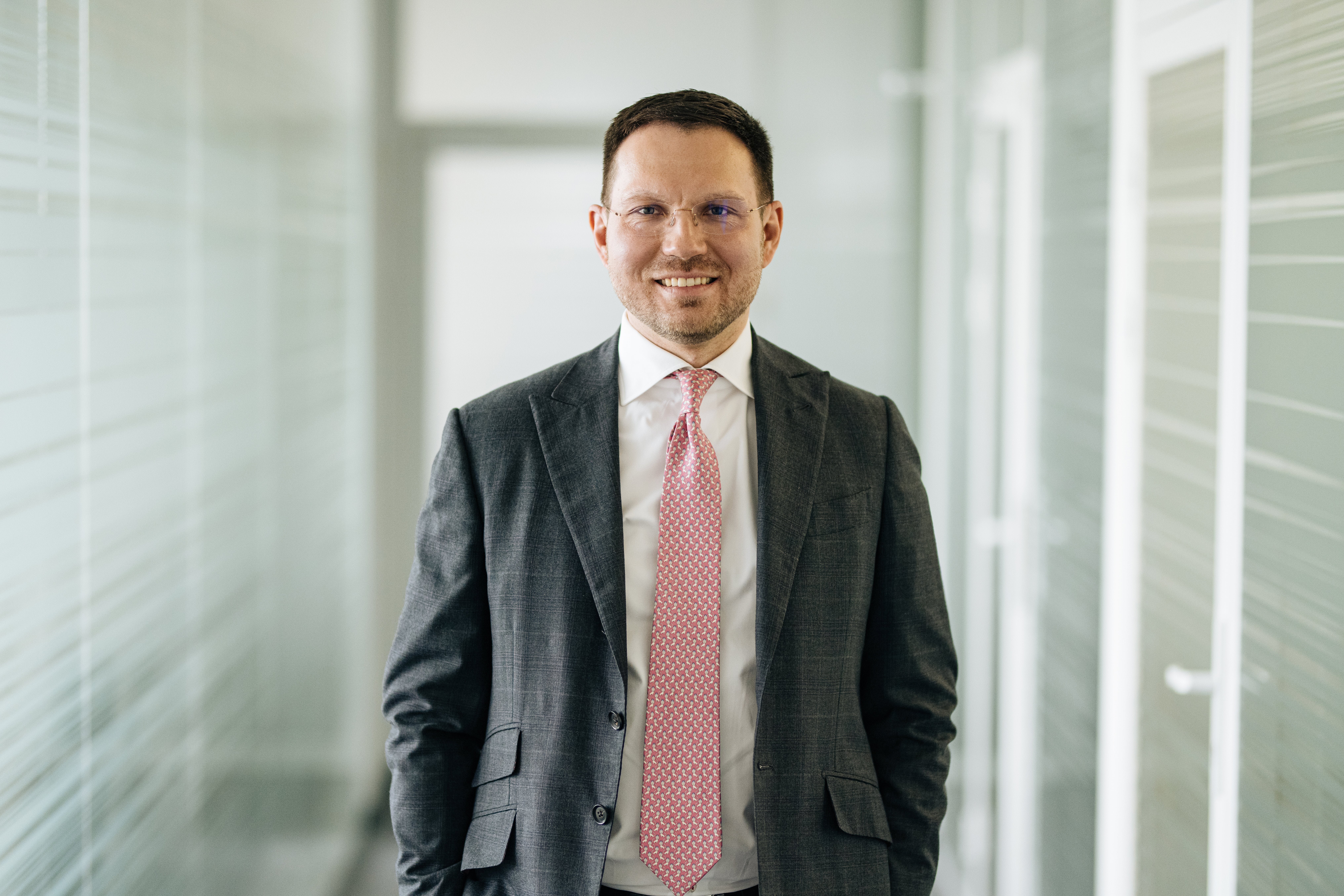Mykola Stetsenko for Just Security: Corruption in Ukraine: Myths and Reality
Over the past 10 years, Ukraine has made significant progress in preventing corruption, though much effort is still needed to continue in this direction. Mykola Stetsenko, President of the Ukrainian Bar Association, writes about this in his article "Corruption in Ukraine: Myths and Reality" for the US online forum Just Security. This article is part of Just Security’s Symposium, “International Law in the Face of Russia’s Aggression in Ukraine: The View from Lviv.”

Mykola Stetsenko recounts that the history of building an anti-corruption infrastructure in Ukraine began in 2014, following the victory of the Revolution of Dignity. He emphasizes that the country has achieved successes but has also faced challenges along this path.
The UBA President briefly outlines the main achievements of each anti-corruption institution — National Anticorruption Bureau of Ukraine (NABU), the Specialized Anticorruption Prosecutor’s Office (SAPO), the National Agency on Corruption Prevention (NACP), and the High Anticorruption Court (HACC). He also discusses the structural changes implemented by Ukraine to reduce opportunities for corruption, which involve increasing transparency and minimizing bureaucracy:
- introduction of public registers;
- launch of the Prozorro online public procurement platform;
- automation of state services, such as business registration and tax declaration submissions.
Mr. Stetsenko highlights that international organizations and Ukraine's Western partners played a significant role in supporting these structural changes. Specifically, the EU and the USA provided financial support and technical expertise to help implement reforms and strengthen Ukraine's anti-corruption system.
"While significant progress has been made in preventing corruption through structural changes, there is still much more to be done, including as part of Ukraine’s push to join the EU," the UBA President summarizes.
In Mykola Stetsenko's opinion, education is a crucial component in changing habits and perceptions of corruption in Ukraine. Over the past two decades, numerous NGOs, investigative journalists, and public opinion leaders have worked to raise awareness among public officials and the population about the nature of corruption and ways to combat it. The UBA has actively participated in this educational campaign, being involved in all stages of anti-corruption and judicial reform, including delegating its representatives to the Public Council of Integrity, Mr. Stetsenko emphasizes.
The UBA President concludes that Ukraine has achieved significant success on its path to a corruption-free society, but challenges remain.
"The anticorruption architecture… has demonstrated real progress in investigating, prosecuting, and preventing corruption. Preventive measures through structural changes, such as the implementation of automated public services and platforms like Prozorro, have significantly reduced corruption opportunities. Yet, there is a need to further expand these efforts. To maintain momentum, Ukraine must ensure these initiatives are robust enough to withstand political pressure and vested interests, creating a more resilient and corruption-resistant system," Mykola Stetsenko notes.
For continued success in fighting and preventing corruption, the UBA President recommends:
- ensuring the independence and sufficient funding of anticorruption bodies, including NABU, SAPO, HACC, and NACP;
- further expanding the use of technology for automation and transparency in government processes;
- strengthening education and public awareness campaigns to foster a culture of integrity;
- enhancing whistleblower protections;
- addressing and combating misinformation and negative propaganda.
The full article is available at the link provided.
